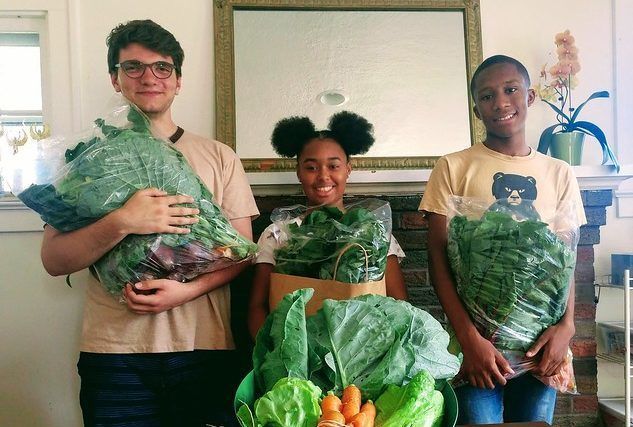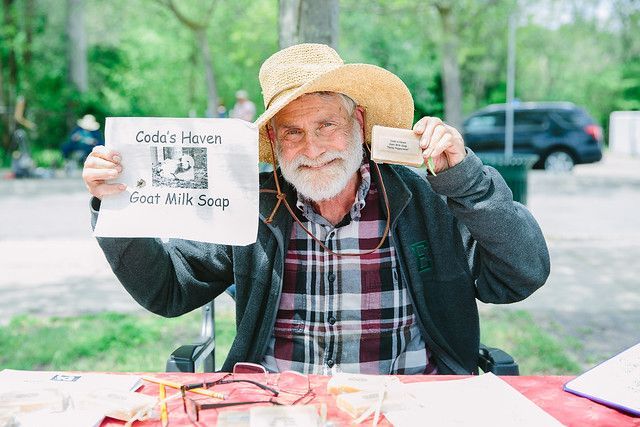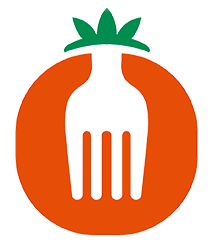Article
A Recipe for Community Health
With SNAP-Ed funding set to expire, Washtenaw County risks losing a low-cost, high-impact program that brought nutrition and joy into classrooms, parks, and farmers markets.
If you have a child in the Washtenaw Intermediate School District, you probably know about the “Healthy Schools, Healthy Communities” program. The program provides direct education to K-5 students throughout a five-week program, focusing on food education. Topics include learning about fruits and vegetables, the importance of physical activity, handwashing, honoring food traditions, and many other related subjects. The kids get excited about the Healthy Schools, Healthy Communities programming in a similar way to how they get excited about arts or music programming – a fun break from normal classroom routines, where they try something new.
Each session involves the kids using their bodies, using their brains, and using their mouths. It starts with a “fit bit,” engaging students’ bodies in fun exercise and “getting the wiggles out” before they settle into the brain portion of the day. The program has a special focus on literacy education, utilizing books about food and activities such as kids creating their own menus to reinforce reading, writing, and grammar skills — all while learning about food and nutrition. Finally, each lesson ends with a recipe-based, sensory-based tasting. This provides a fun, low-stakes opportunity to try new foods, allowing kids to use their mouths to explore new tastes.
What you may not know is that all of this programming is a result of SNAP-Ed funding–funding which has recently been drastically reduced, putting the continued existence of programs like these in peril. Danielle Dros is the program lead for SNAP-Ed programs in the Washtenaw Intermediate School District, and she shared with me the broad impact that the program has in the Washtenaw area. The Healthy Schools Healthy Communities program reached about 3,000 students in the area, across thirteen schools and 146 classrooms (in just the last year!). But that program is only one part of the program’s direct education initiatives (which in turn are only one part of the broader program).
In addition to the school year program, there is also a summer “rec connect” program, a physical activity-based program which operates at six sites, including Ypsi library branches and Ypsi Community Schools summer schools. The program is a game-based, six-lesson series that explores a different movement each week, such as hula hoops, jump ropes, or yoga. Each lesson also includes tastings, where students engage in activities such as trying three different kinds of apples and rating them based on their taste.
The last component of the direct education is their Farmers Market Food Navigator program, which partners with the Whitmore Lake Farmers Market every other Sunday. A SNAP-Ed staff member sets up and provides resources to help people understand how to sign up for SNAP, how to use their SNAP benefits, give out food samples, share recipes, and understand what’s in season and how to store produce. (If you’ve been following the other articles in this series, this is the same role that Cassian Lethe plays at the Ypsilanti Farmers Market.)
In addition to direct education initiatives, SNAP-Ed also works on community strategies (formerly known as policy, systems, and environmental change) and indirect education. Some of their work in community strategies has involved helping Whitmore Lake Farmers Market get a card reader to be able to accept SNAP (a major hurdle for small markets), partnering with Superior Township’s Fireman’s Park to improve an underutilized park space, revamping the Ypsi Community Schools wellness policy, partnering with local food pantries to use the Healthy Food Pantry Assessment Tool to evaluate what the pantries are doing well and where there is room for improvement, and supporting with community data collection for the new Ypsilanti Peace Neighborhood Resource Center.
In their partnership with Superior Township, SNAP-Ed staff provided the logistical support to help the township understand what the surrounding neighborhood would like to see in the park. In 2022 and 2023, they knocked on doors and took surveys. After collecting the data, they turned it into a visually appealing and easily readable report, which they provided to the parks and recreation department. The parks department was then able to use the report to ask the township to allocate more funds for the park renovation, and their advocacy was successful. As a result, in 2024, the parks department was able to add a younger kids playground, an older kids playground, benches, outdoor exercise equipment, and a walking trail.
This year, SNAP-Ed again partnered with the Superior Township parks department, as well as the township’s library, to create a story walk on the new walking trail. Story walks combine reading and physical activity by displaying a children’s book, page by page, along an outdoor path. All books used for the story walk are SNAP-Ed approved, allowing kids and their families to learn about healthy food while enhancing their literacy skills and enjoying quality time in nature.
The final component of SNAP-Ed’s community work is its indirect education programs. While direct educational programs focus on reaching kids in schools, the indirect education programs allow SNAP-Ed to have a presence in the community. They attend both school-based and community-based tabling events, such as the upcoming Annual Parkridge Summer Festival/Joe Dulin Community Day in Ypsilanti on August 23rd and the Kite and Rocket Day at Fireman’s Park. When they table, they offer tastings and recipes, information about the programming in schools, and fun swag. They also partner with the CSA Food Navigator Program to table during pickup times for the Argus Farm Stop and Farm at Trinity Health CSA boxes, providing a recipe that features the produce in the CSA box for that week and offering further information about the SNAP-Ed program. This, along with all of their other work, provides resources not only to people who are direct recipients of SNAP benefits, but also to all community members. Programs like SNAP-Ed benefit everyone, including individuals who may never realize they are benefiting from them.
At the end of our interview, Danielle shared that this article feels, in many ways, like a eulogy for the program. The current funding for the program only goes through September 30, 2025. After that, its existence is in peril unless the Michigan Fitness Foundation (which administers SNAP-Ed) can find an alternative source of funding for it. This is the kind of program where a very small dollar amount goes a long way, and Danielle still has hope that the state and/or other national organizations with vested interests in food access will step in to fill the funding gap. Hopefully, Danielle’s dream comes true, and we don’t lose such a valuable program forever.
This post is part of a series by Emma Rose Hardy, a PhD Candidate at the University of Michigan and the Rackham Local Food Systems Intern at Growing Hope. The series aims to highlight the essential role that SNAP and other food assistance programs play in the Washtenaw County local food system.
share this
Related Articles
Related Articles
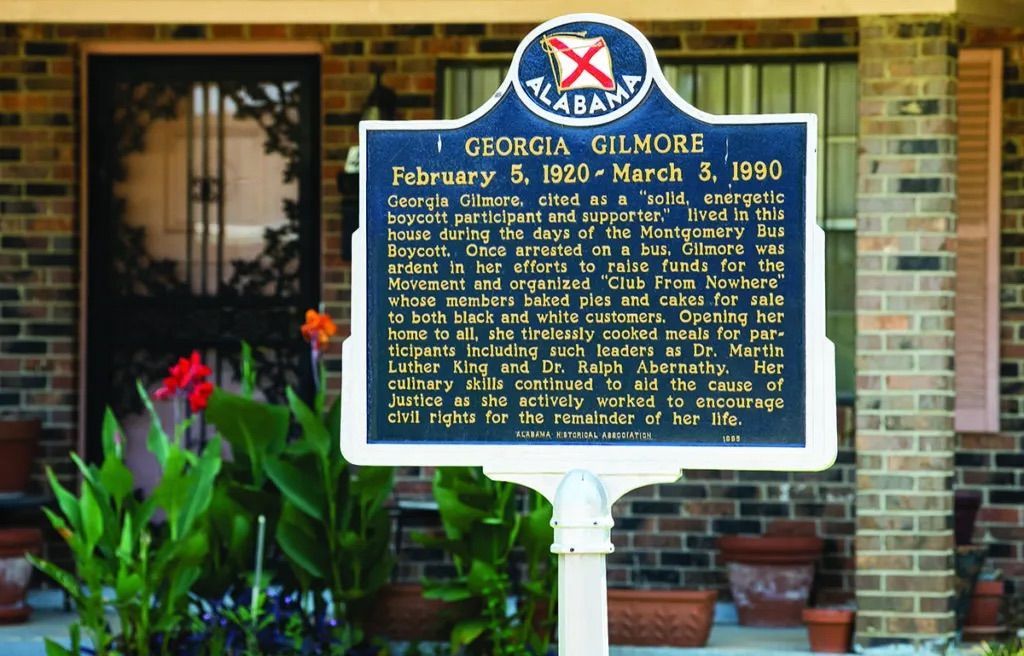

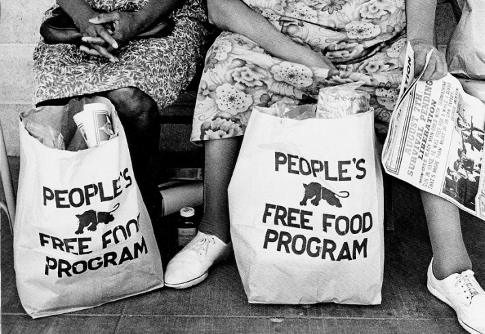
STAY UP TO DATE
GET PATH'S LATEST
Receive bi-weekly updates from the church, and get a heads up on upcoming events.
Contact Us


